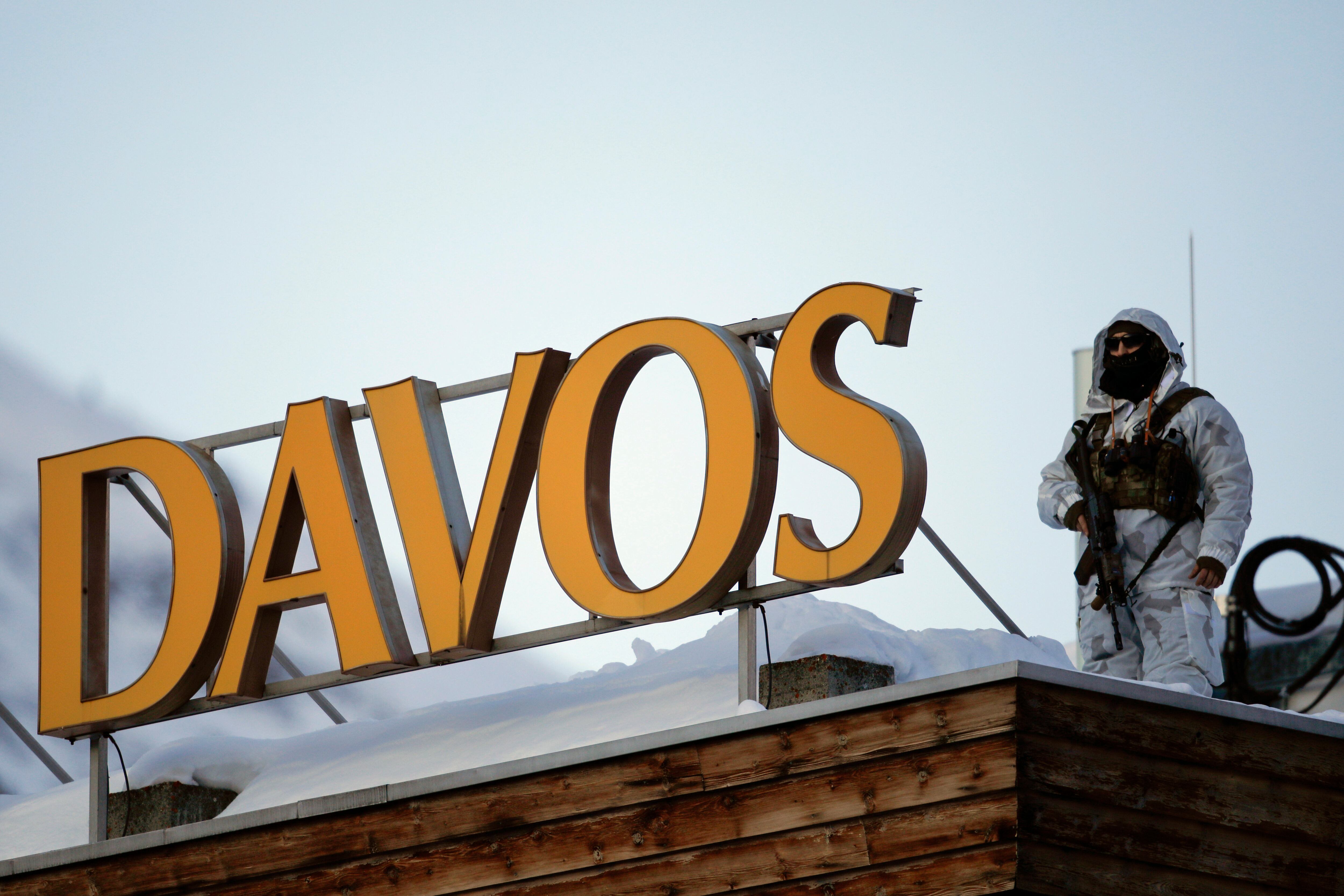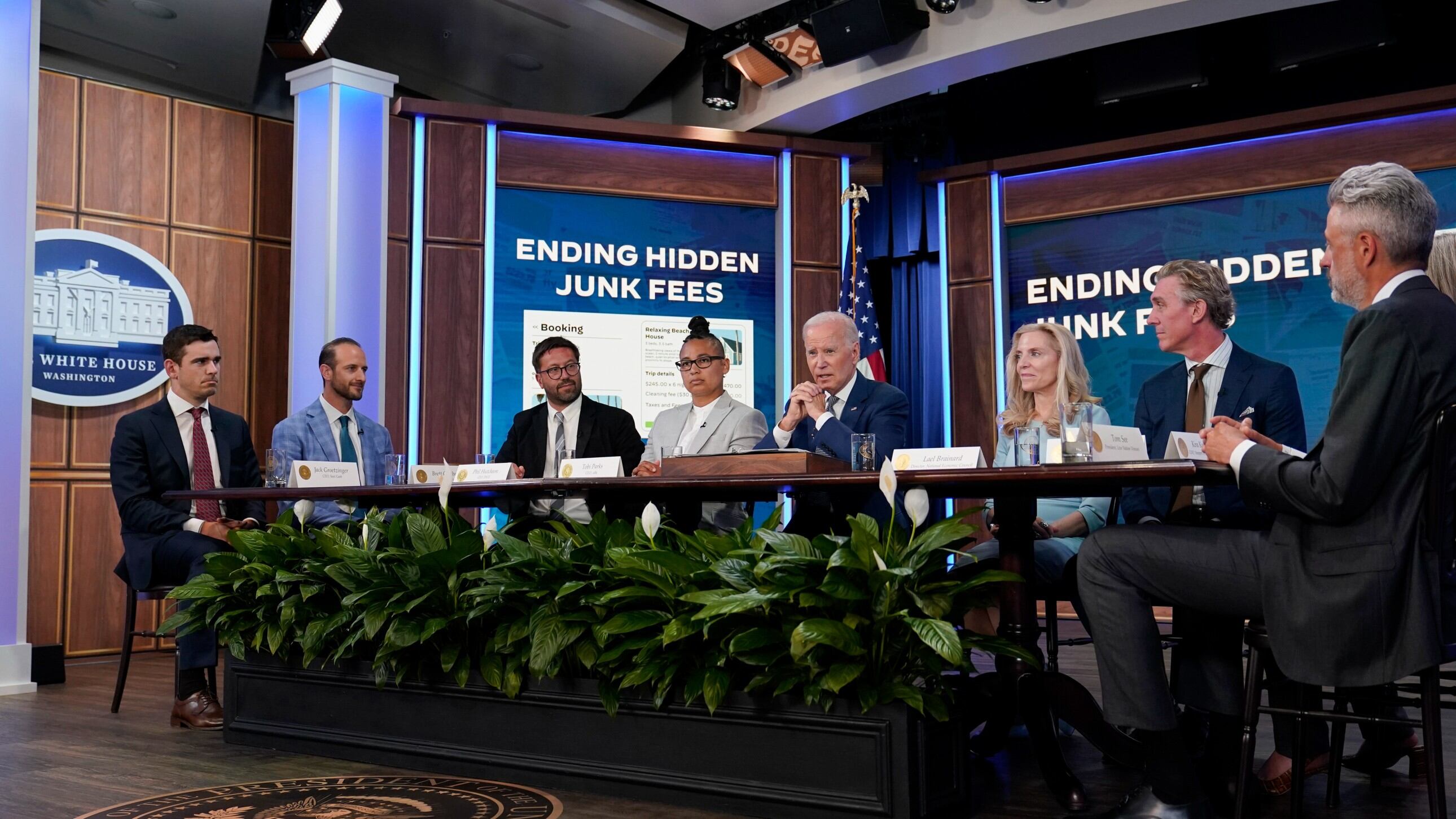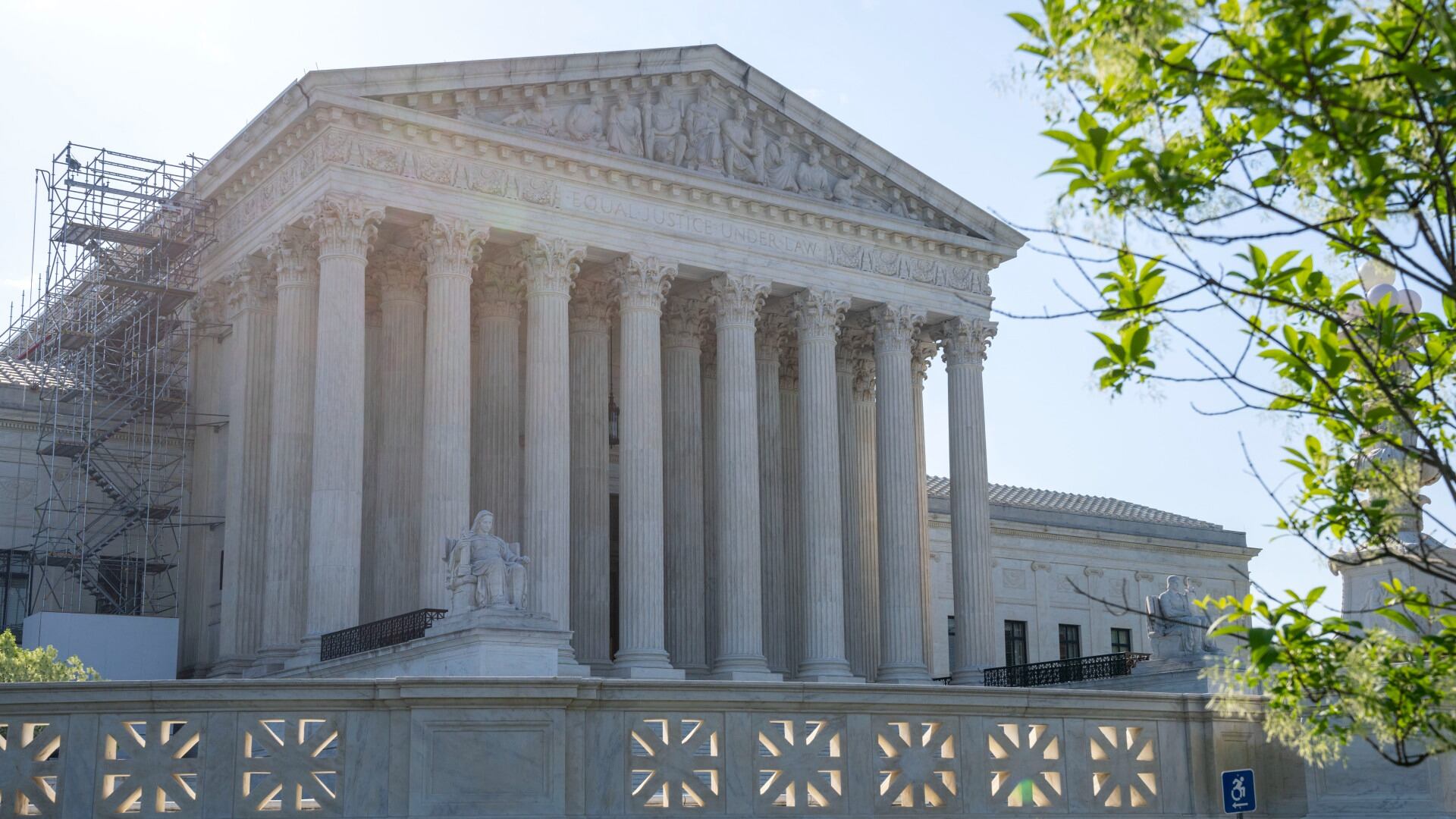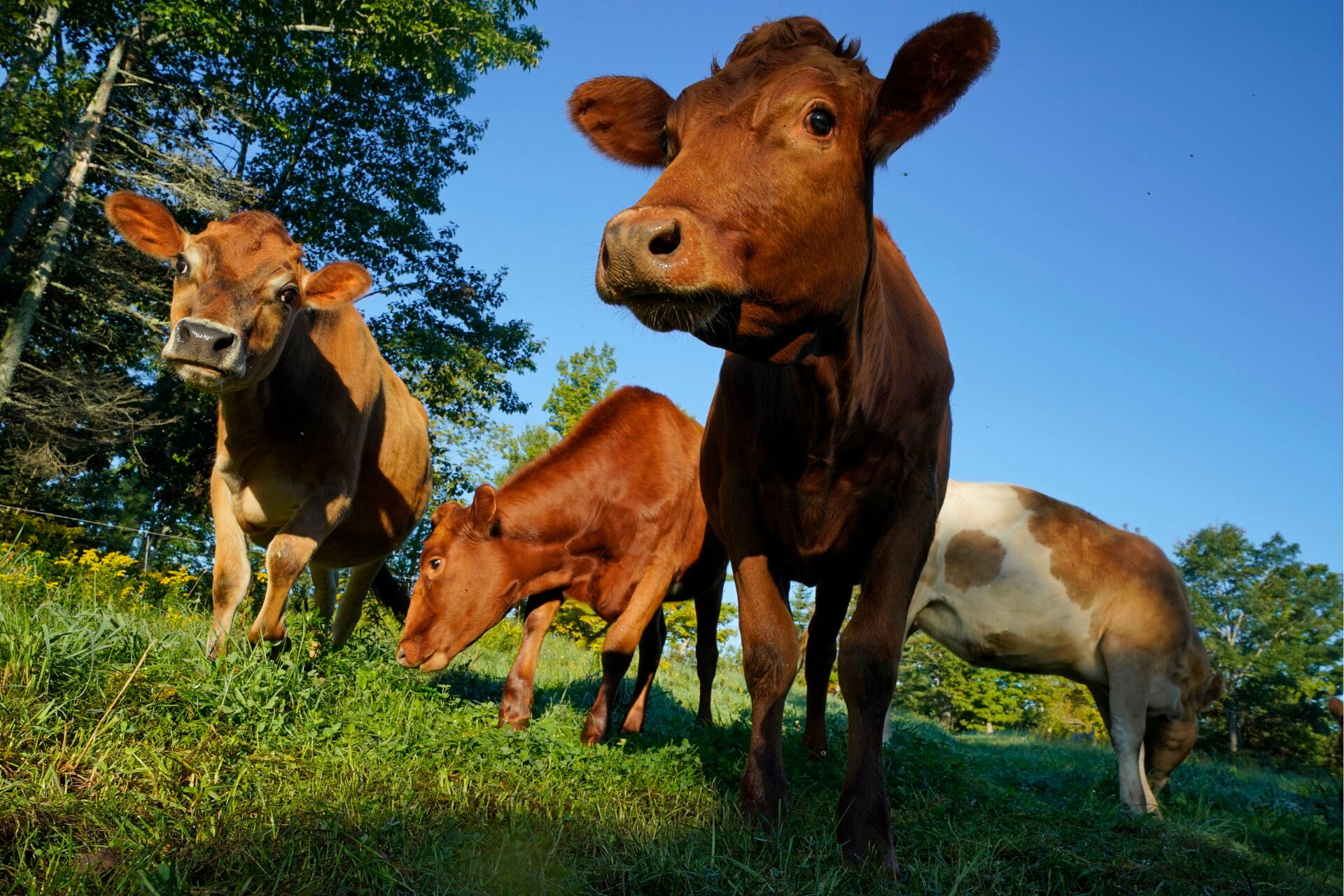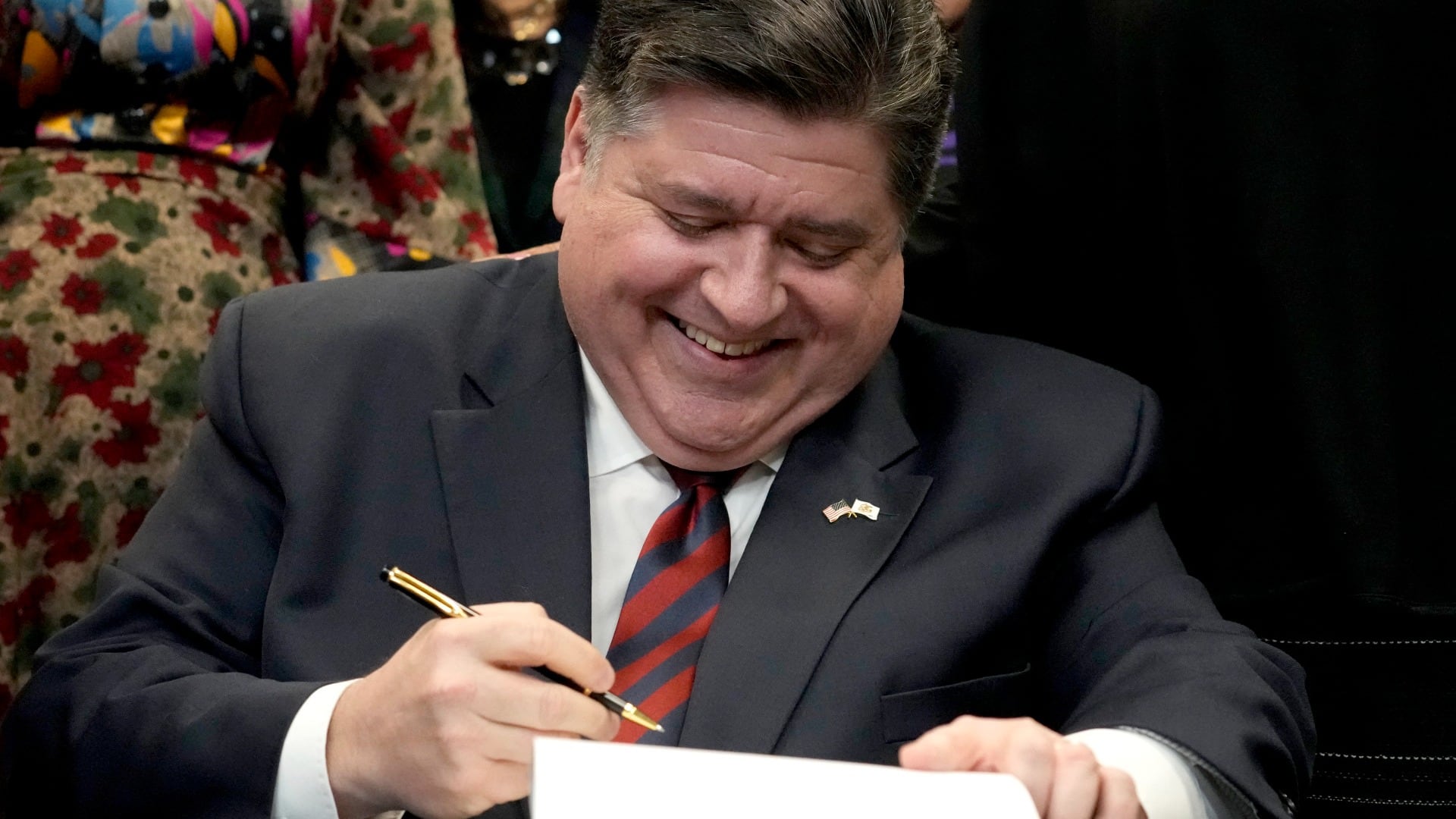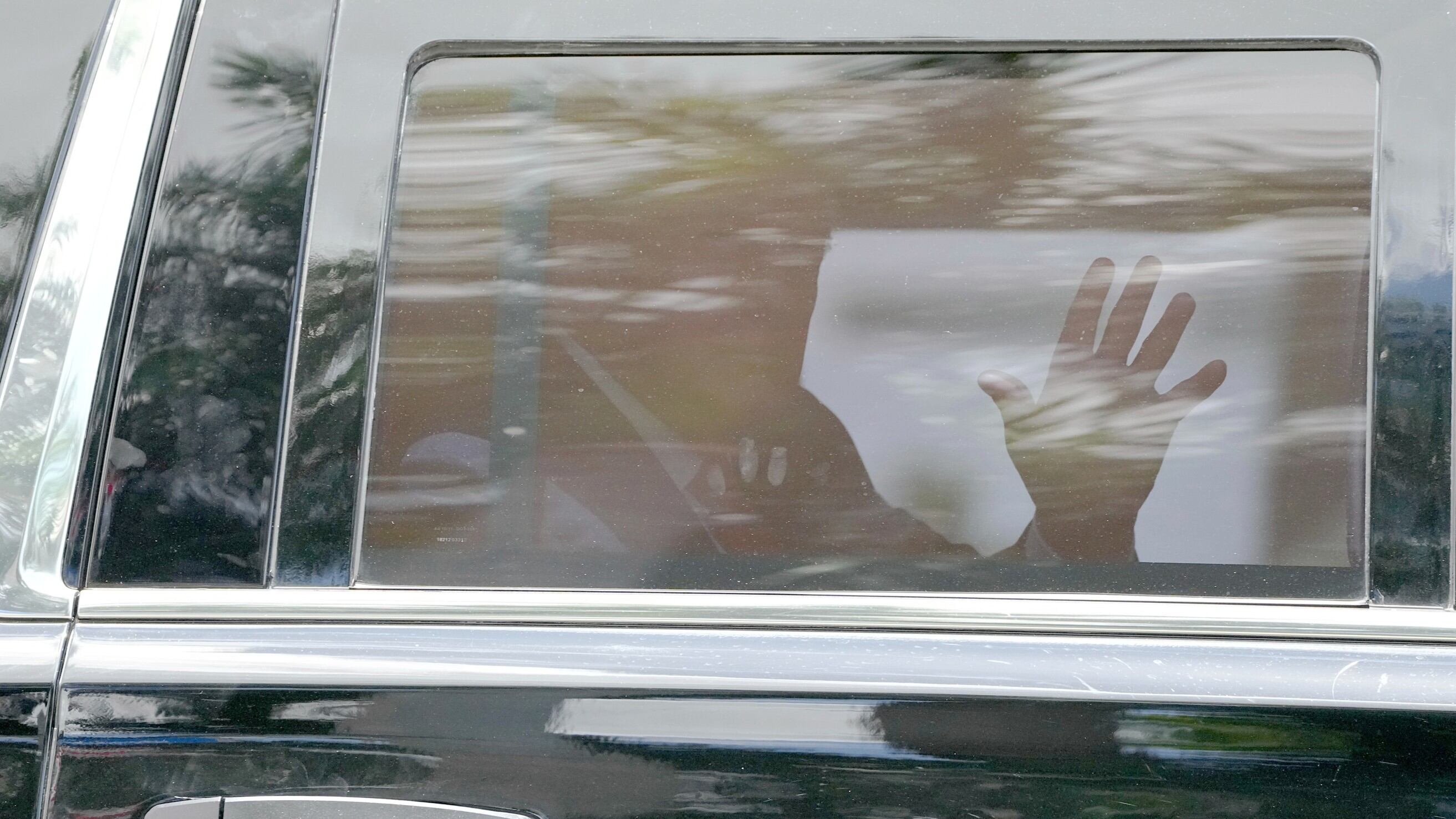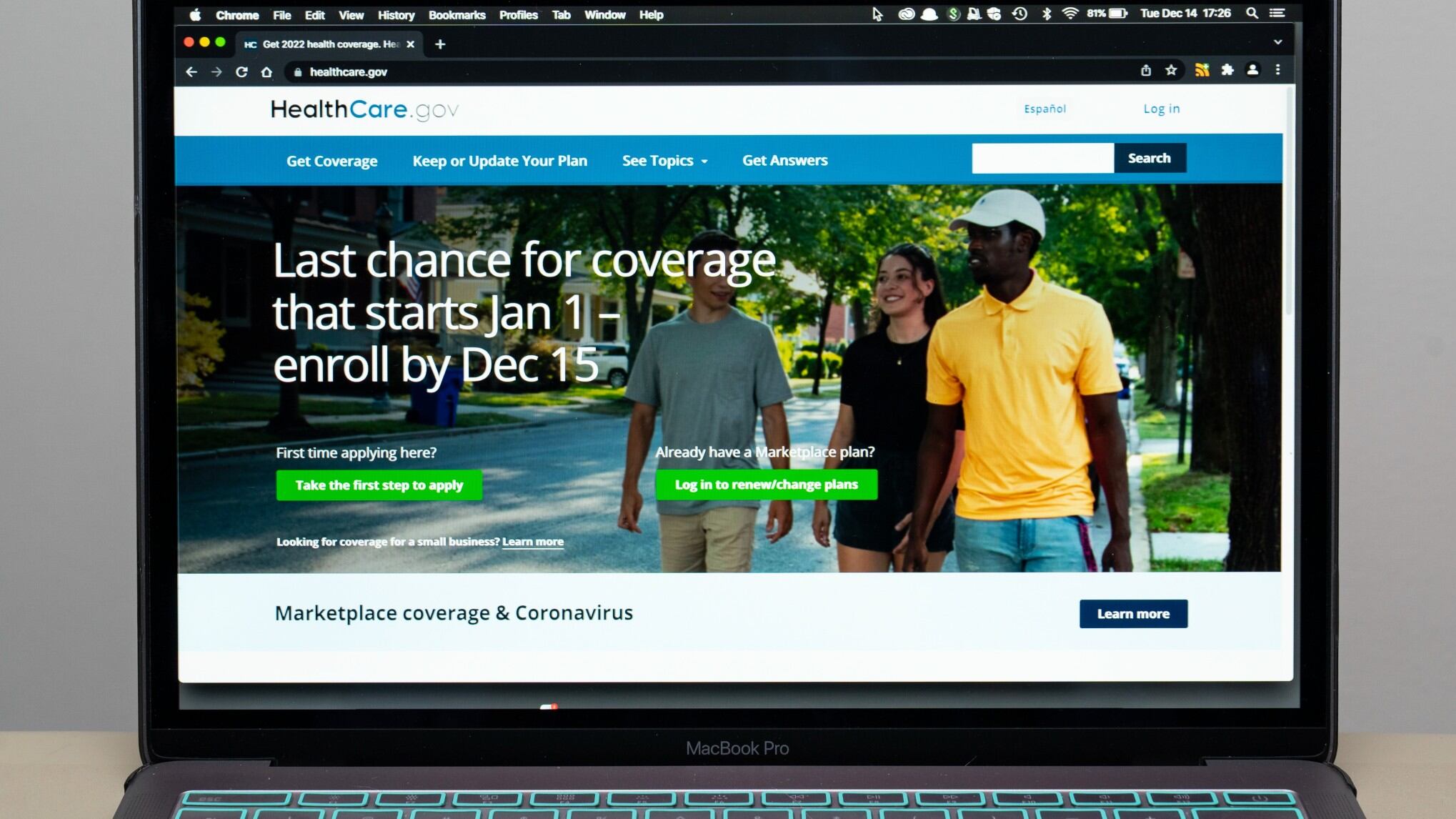Even for the world's economic elite, the future is looking pretty bleak.
The World Economic Forum on Wednesday released its annual Global Risks Report, which found that global leaders are more concerned about issues such as inflation and food security than climate change.
Based on a survey of 1,200 risk experts and industry leaders, the report found that respondents identified climate change is the biggest challenge facing the globe in the longer-run, but that the cost of living is the more immediate concern for most countries. "Cost of living dominates global risks in the next two years while climate action failure dominates the next decade," read the report.
The two challenges are related. Failure to address more immediate concerns related to food security and inflation, the group wrote, could distract governments from seriously addressing climate change.
Indeed, four out of the report's top-10 long-term challenges were climate-related:
“A failure to mitigate climate change is ranked as one of the most severe threats in the short term, but is the global risk we are seen to be the least prepared for,” the report said.
The report stressed that countries might not be able to handle all of these challenges at once, forcing them to prioritize some and neglect others: “The coming years will present tough trade-offs for governments facing competing concerns for society, the environment and security."
None of this bodes well for the already high levels of economic inequality in the world.
“The resulting new economic era may be one of growing divergence between rich and poor countries,” the report said, “and the first rollback in human development in decades.”
The group released the report ahead of its annual gathering at the Swiss Alpine resort of Davos next week.
President Joe Biden highlighted progress in chipping away at so-called junk fees as a “win for consumers” Thursday, as he met at the White House with executives from Live Nation, Airbnb and other companies that have taken steps to embrace more transparent pricing.
Texas Gov. Greg Abbott sent a busload of migrants to downtown Los Angeles on Wednesday, prompting Mayor Karen Bass to respond to Abbott's move as a "despicable stunt."
The Supreme Court on Thursday preserved the system that gives preference to Native American families in foster care and adoption proceedings of Native children, rejecting a broad attack from some Republican-led states and white families who argued it is based on race.
The U.S. Department of Agriculture said Wednesday it hopes to weed out false or misleading animal-welfare claims on meat and poultry packaging with new guidance and testing.
New York City is paying to house newly-arrived migrants in hotel rooms. Cheddar News takes a closer look at one of the hotels, the Holiday Inn, which is housing about 15,000 migrants over the next 15 months.
We've been closely following the migrants that were sent to various cities across the United States. Now New York City is paying for hotel rooms for migrants who were sent there. Cheddar's own Ashley Mastronardi has a closer look at one of the hotels.
Illinois Governor J.B. Pritzker signed a bill that stops public schools and libraries from banning books.
The Biden administration reached a deal to preserve a federal mandate requiring health insurers to cover preventive care at no extra cost for patients.
Former President Donald Trump arrives for his arraignment in Miami.
The government can keep enforcing “Obamacare” requirements that health insurance plans cover preventative care — such as HIV prevention, some types of cancer screenings and other illnesses — while a legal battle over the mandates plays out, under a court agreement approved Tuesday.
